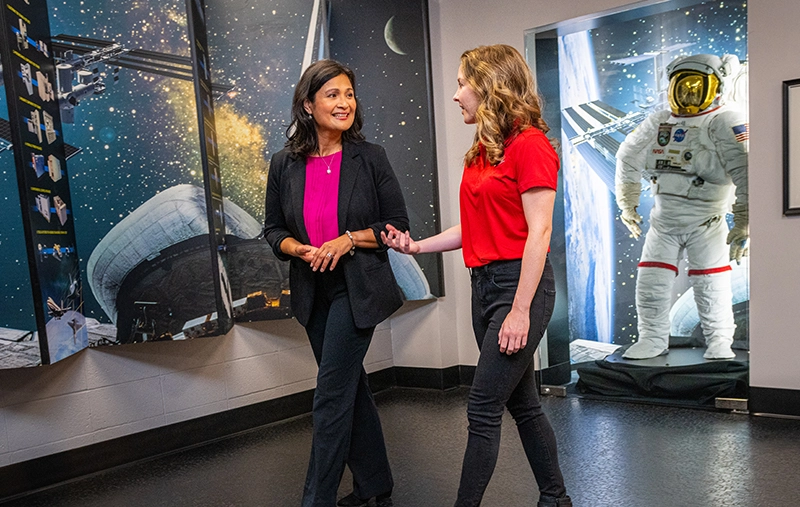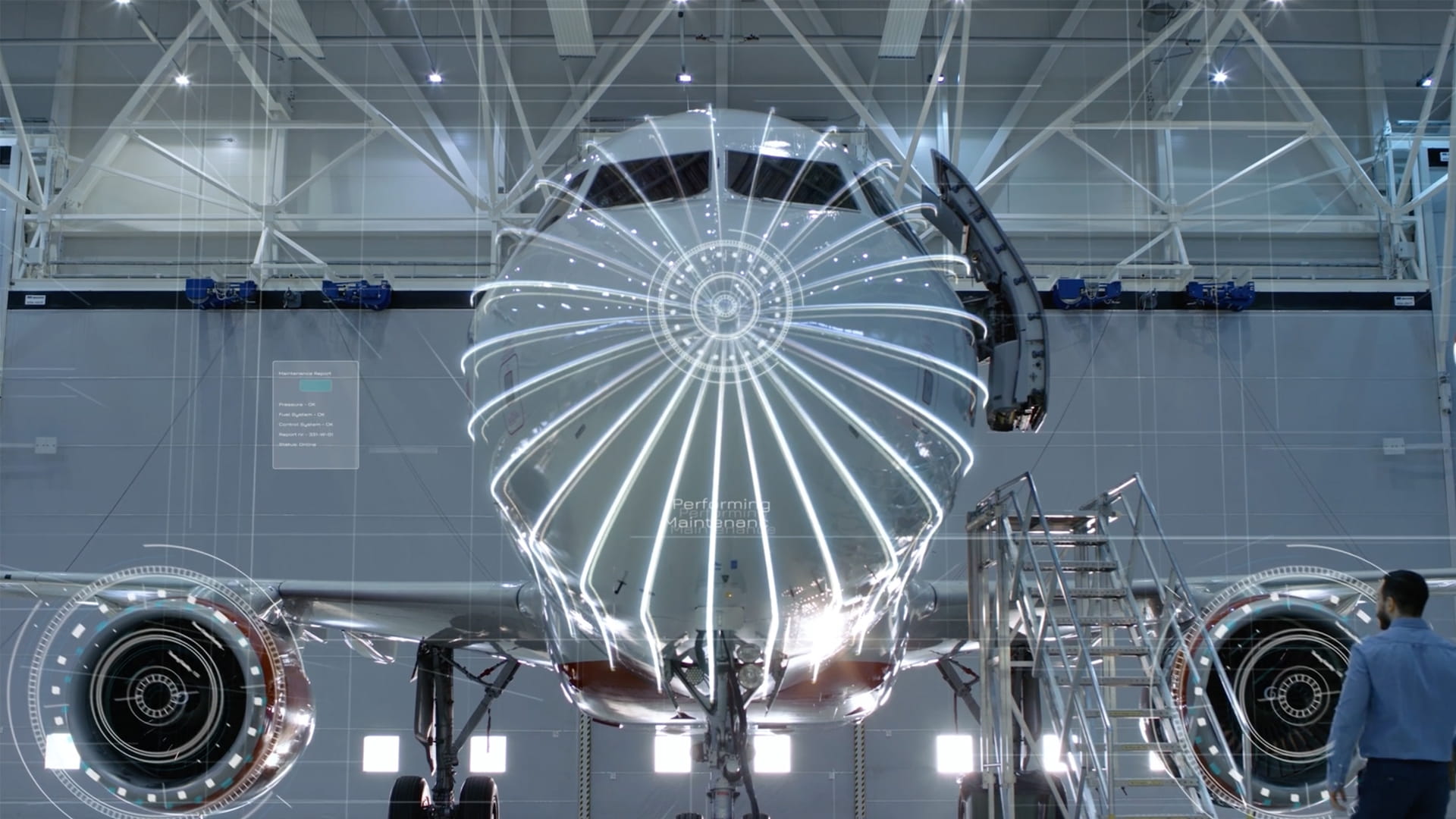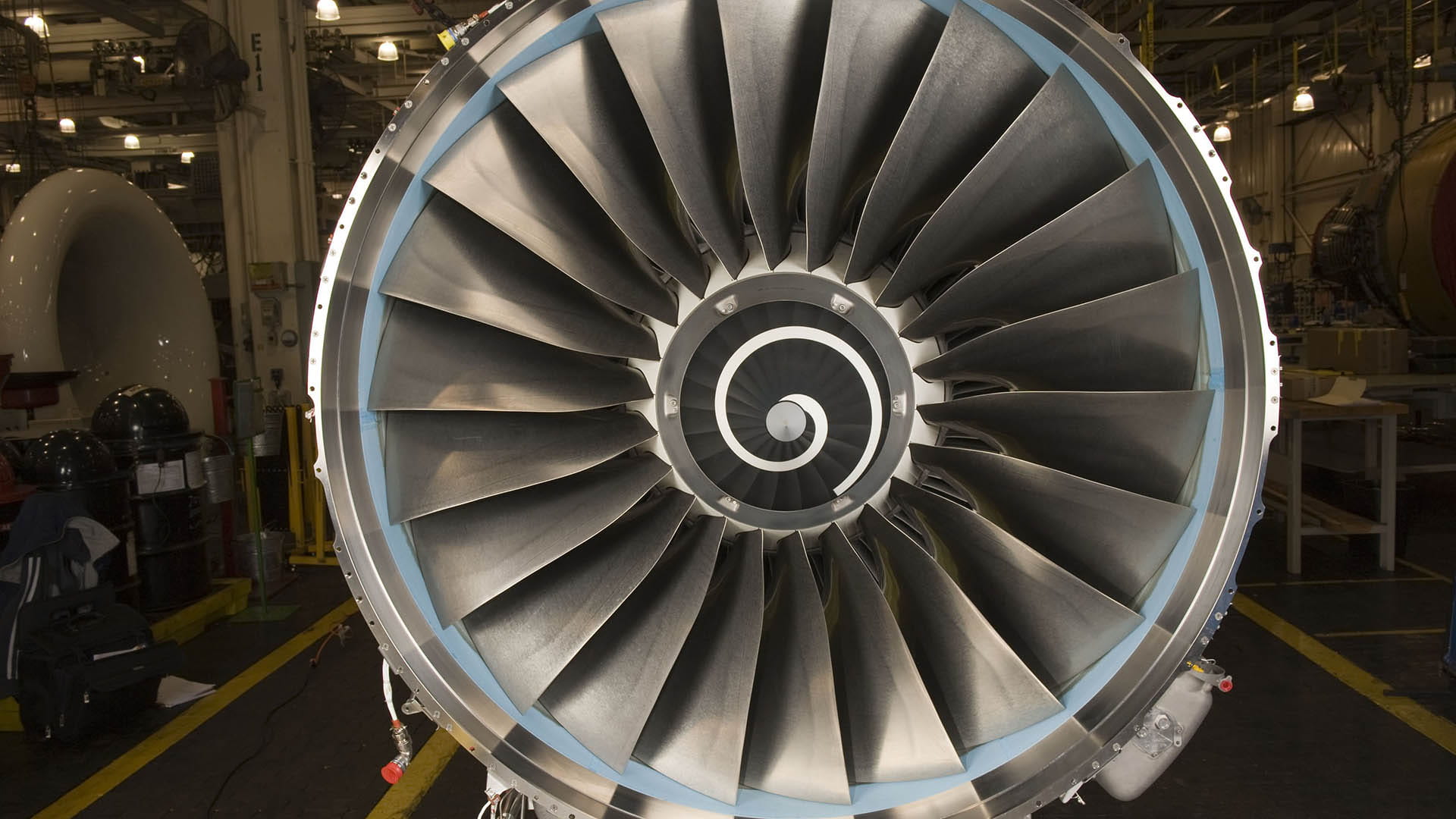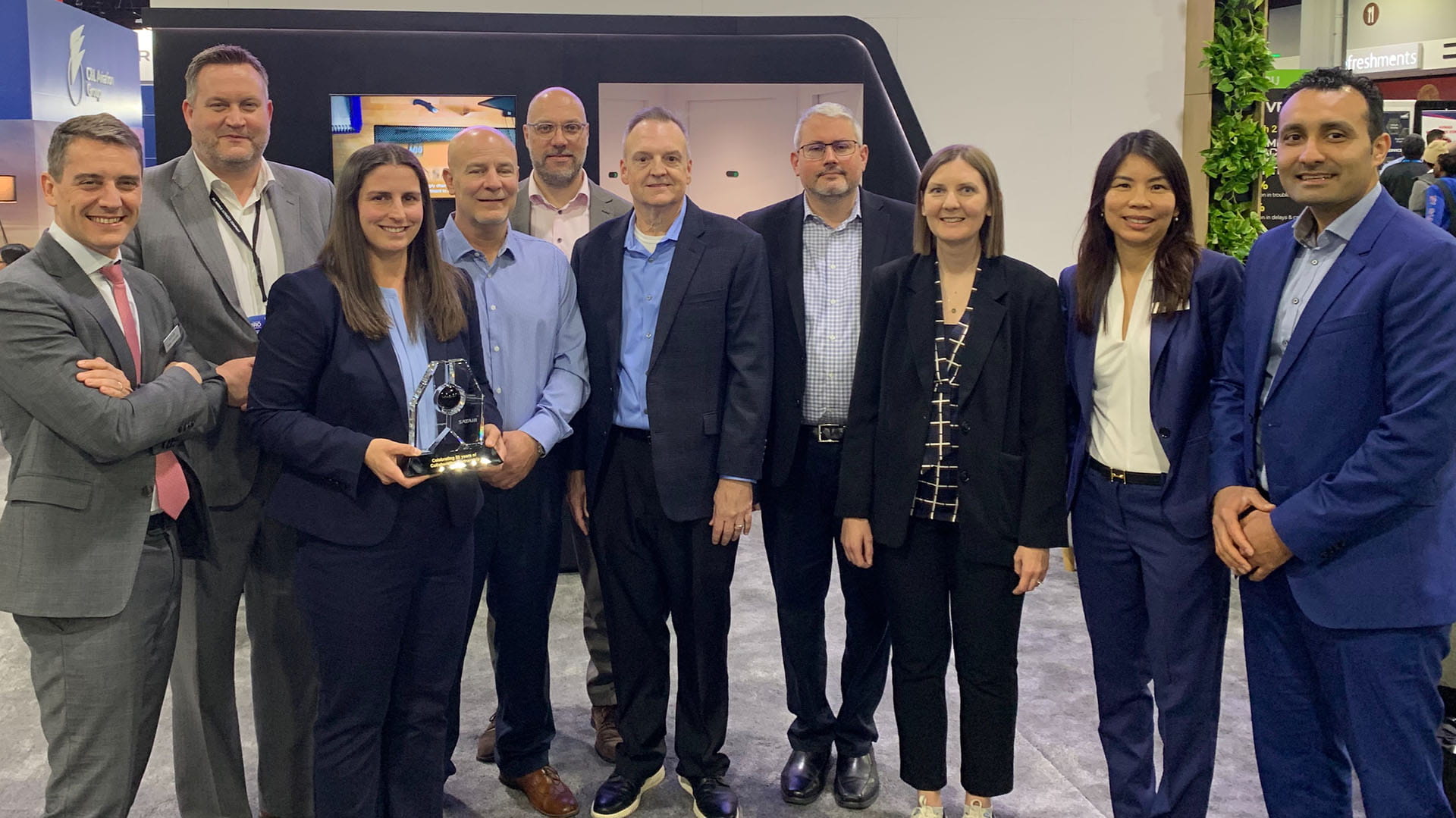
Beyond tuition reimbursement: Inside our Employee Scholar Program
Why we pay up front for employees to earn degrees and certifications
Charles Johnson had a job. What he wanted was a future.
He was in his mid-twenties, setting up milling machines at a company that manufactured keys. A colleague told him about a job at an aerospace company, and it sounded promising. He heard they even paid for college.
“It was obvious I wasn’t going to go anywhere,” at the key company, Johnson recalled. “I was going to be stuck in the same job doing the same thing. That’s not what I wanted. Then I came here and I was able to focus on my career. It was a big difference.”
That was 2006, and “here” was Hamilton Sundstrand, which eventually became part of Collins Aerospace, a Raytheon Technologies business. And what made that big difference was the company’s Employee Scholar Program – a benefit, open to all employees, that paid for his associate degree in metal manufacturing and his bachelor’s degree in industrial engineering.
Johnson is now a packaging engineer at Collins’ site in Wilson, North Carolina. He is also among more than 50,000 employees who have earned either a college degree or a professional certification through the program since it was created in 1996 to recruit and retain a highly skilled and educated workforce.
“We know the future is really dependent on our people – and our people continuing to grow and develop and meet the demands of the customers we serve,” said Beth Carlson, vice president of global talent development for Raytheon Technologies. “Everybody’s got their own reason for enrolling. It could be just to expand knowledge in their current field or start to explore a very different career path, or it could be to explore a lifelong dream. Regardless of reason, the outcome is the same – it’s helped our people achieve a goal.”
‘A fantastic benefit’
Raytheon Technologies’ Employee Scholar Program pays up front for tuition, books and some fees so employees can pursue college degrees and professional certification.

$1.5 billion+
55%
9,900
How the Employee Scholar Program works
The Employee Scholar Program is open to all Raytheon Technologies employees as soon as they’re hired. Participants can pursue professional certification and degrees – including Ph.Ds – in any field related to the company’s business operations. They may study at any of 4,000 universities and schools around the world, either in person or virtually.
There is no limit to the number of participants every year, or the number of degrees or certifications an employee can obtain. There’s also no requirement to graduate; even though many employees enter the program specifically to earn degrees, some simply want to take a few classes.
"We have employees who were never able to finish or obtain a college degree,” said Lidia Carneiro, a senior manager in learning and development at Raytheon Technologies. “An employee a few years ago said to me she never had the chance to go to college, but she really wanted a college education. That’s exactly what the Employee Scholar Program provides.”
An easy choice
When Brittany Kuczenski graduated from Eastern Connecticut State University in 2016, she thought she would have to choose between starting her career and earning her master’s degree. The Employee Scholar Program allowed her to do both at the same time.
She took her first post-college job in engineering support at Pratt & Whitney, a Raytheon Technologies business. She soon developed an interest in human resources, and, through the Employee Scholar Program, she studied industrial organizational psychology two nights a week at Springfield College in Massachusetts.
“It was challenging but in the right ways,” she recalled. “I think I was able to bring what I was learning into work. I felt it benefitted me more to be going to school and be working – so that I’m getting the true application of what I’m learning.”
She received her master’s degree in 2019 and opened a new career path in the process. Two months after graduation, she was offered a role in Pratt & Whitney's Human Resources organization. She’s now the Human Resources learning and development lead, thanks in part to encouragement from her supervisors to continue her studies.
“When you have good managers who also support your development through the Employee Scholar Program, it helps,” Kuczenski said. “It really is a testament to some of our amazing leaders who value the program and see the return on investment and allow employees to invest in themselves.”

“It was challenging but in the right ways. I was able to bring what I was learning into work.”
Brittany Kuczenski | Learning and Development Lead | Pratt & Whitney
Supporting the whole employee
Once a month, Hassan Madras spends a long weekend on Northwestern University’s campus in Miami, taking classes for the Executive Master of Business Administration degree he’s pursuing through the Employee Scholar Program.
Madras, a senior attorney at Raytheon Missiles & Defense, a Raytheon Technologies business, found he not only had the company’s financial support, but that his managers were backing him too – like when they worked out a flexible schedule that allowed him to spend the Thursdays and Fridays of his campus weekends out of the office and in the classroom.
“It worked out really well,” Madras said. “I was looking for a constructive challenge, and studying for an MBA is something I’ve wanted to do for a long time. The program is very expensive, so for the company to give me the tools to do it financially – and time-wise while I’m working – it’s not something I would have been able to do had I not been at Raytheon Technologies. This is a fantastic benefit.”
Madras, who expects to graduate in June 2023, is also a U.S. Air Force reservist, and he admits balancing it all can be a challenge. But “that’s another benefit of working for Raytheon Technologies,” he said. “The company’s mission is to support the warfighter. They’re supportive of my MBA and my military duty.”
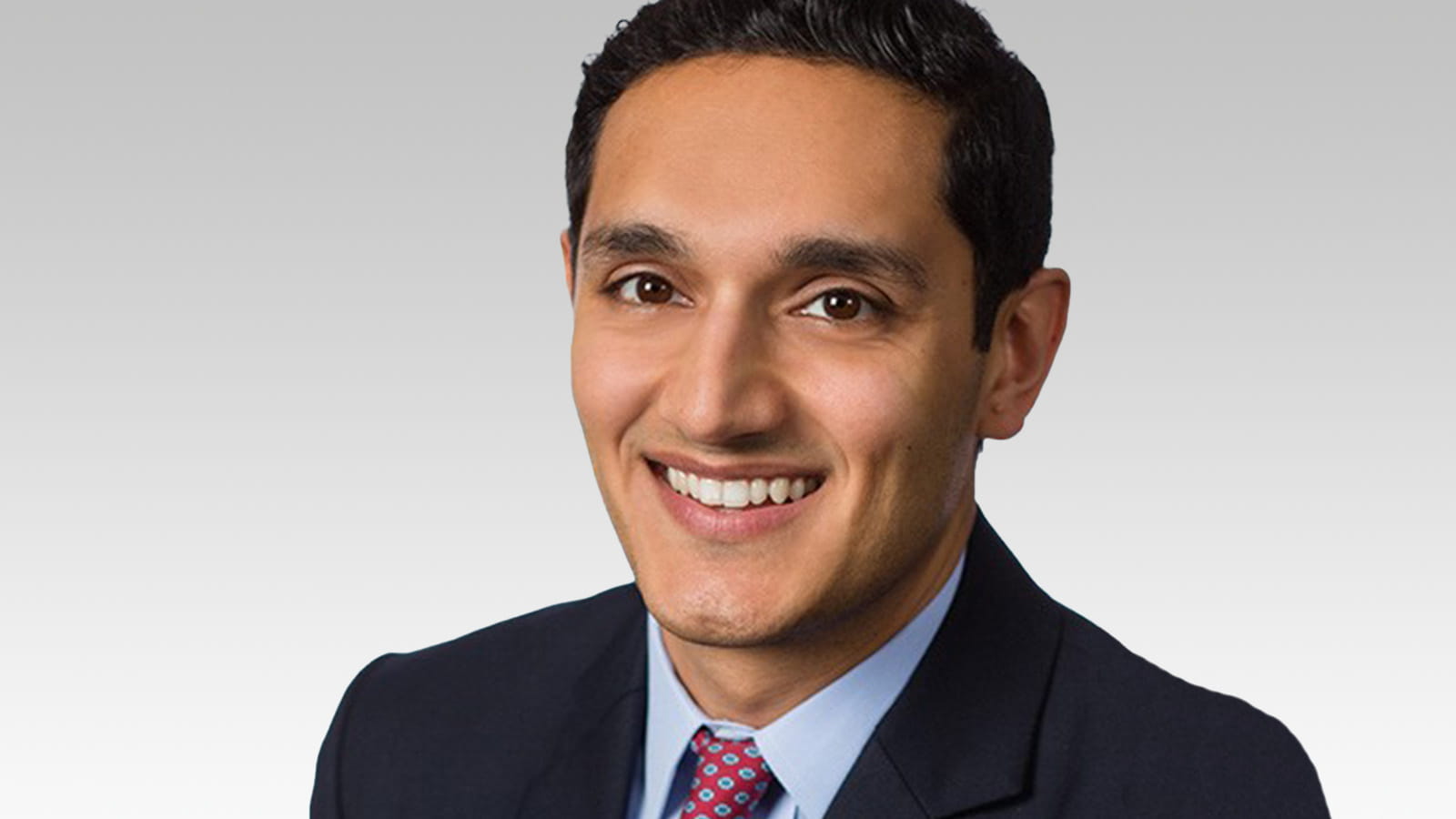
“Studying for an MBA … it’s not something I would have been able to do had I not been at Raytheon Technologies.”
Hassan Madras | Senior Attorney | Raytheon Missiles & Defense
A focus on flexibility
The Employee Scholar Program often brings people to the company. In Thomas Bombardier’s case, it brought him back.
After three years away from Raytheon Technologies, Bombardier returned as a systems engineer in 2020, in part because he wanted to continue his studies and knew the program would help.
He enrolled immediately and began a master’s program in engineering management at George Washington University in Washington, D.C., where he spends about five hours a week in virtual night and weekend classes. Those classes have come in handy not just in his current job, but in shaping his career path.
“It’s a sacrifice, and it’s difficult, but you will look back and see the good for your career,” said Bombardier, who is now a program manager. “When I chose to take this degree, I was already a direct people manager and was feeling out the route I wanted to take. It helped me see program management is more my cup of tea than people management.”
When he graduates in January 2023, Bombardier looks forward to accomplishing one goal and focusing on another: spending more time with his wife and their four children, who range in age from 3 to 11.
“I couldn’t have done it without the support of my family,” he said. “It’s not been easy, but it’s been a road I’m glad to have walked to get this degree.”
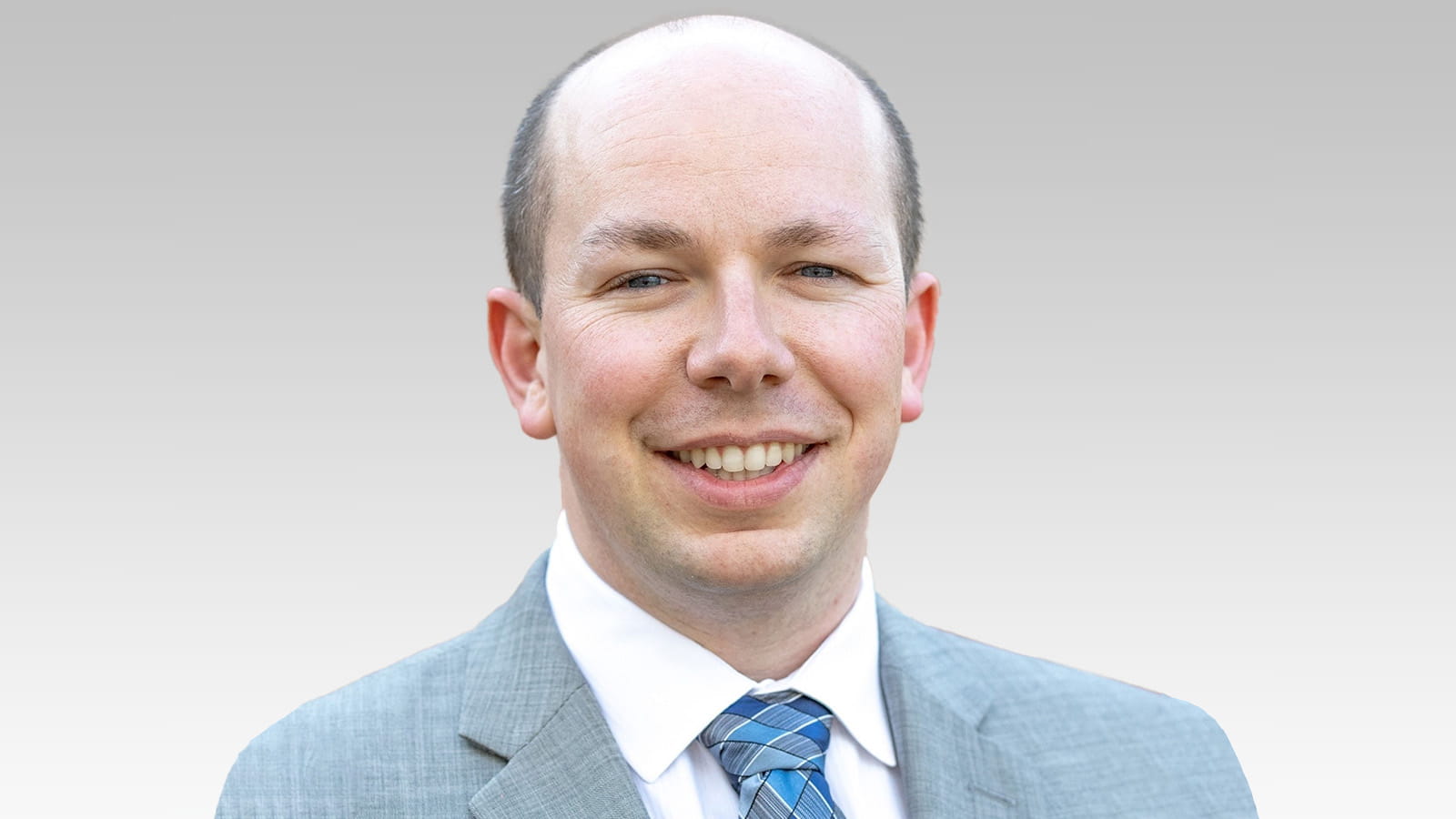
‘It’s a sacrifice, and it’s difficult, but you will look back and see the good for your career.’
Thomas Bombardier | Program Manager | Raytheon Intelligence & Space
Making it work
Johnson, the machinist-turned-engineer, remembers what it took to earn his degrees. Four days a week, he worked third shift from 11 p.m. to 7 a.m., then went straight to Nash Community College in Rocky Mount, North Carolina, for his first class at 8 a.m. and stayed on campus until 2 p.m. Three years later, he graduated with his associate degree.
His professors and colleagues urged him to do more, so he did. He applied for three jobs in engineering before he was hired in a drafting role on the ground vehicle engineering team at Collins. He worked with engineers to design brackets, optical detectors and some of the suppression systems that go on military vehicles.
He also spent four more years in the Employee Scholar Program, taking classes at East Carolina University in Greenville, North Carolina, where he received a bachelor’s degree in 2019.
“It helped me achieve those goals I was looking for,” Johnson said of the program, and of the encouragement he received from supervisor Dawn Fulton, who he called “the greatest boss ever.“
“She supported my decision and guided me and helped me. I could not have done it without the help of the Employee Scholar Program,” Johnson said.
Completing the program “was tiring, but it was worth it,” Johnson said. “If it was easy, everyone would do it.”
